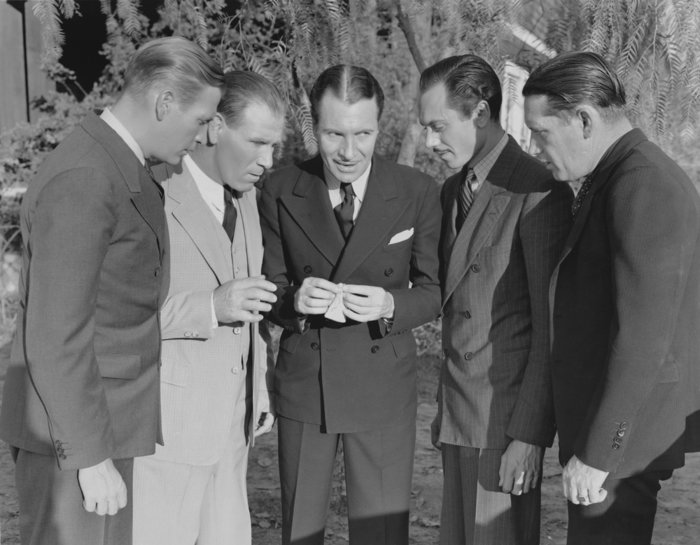
Oppugn
[ə-PYOON]
Part of speech: verb
Origin: Middle French, 15th century
1.
Call into question the truth or validity of.
Examples of Oppugn in a sentence
"My sister and I would never oppugn our grandmother’s far-fetched stories from her childhood."
"Anjali’s mother oppugned her account of where she’d been that evening after Anjali came home past curfew."
About Oppugn
“Oppugn” is based on the Middle French “opugne” and the Latin “oppugno,” meaning “fight against.”
Did you Know?
“Oppugn” is very similar to the word “impugn” — both verbs mean to “call into question the truth or validity” of a statement. The very fine difference between the two is that “impugn” has a more hostile implication. While a person might be neutral in oppugning a statement, a person impugning another is more likely to be doing so in an argumentative manner. It is possible to oppugn a person’s statement without attacking them, simply by saying they may be in error. To impugn another, however, is to assail them as incorrect and assault their credibility overall.








